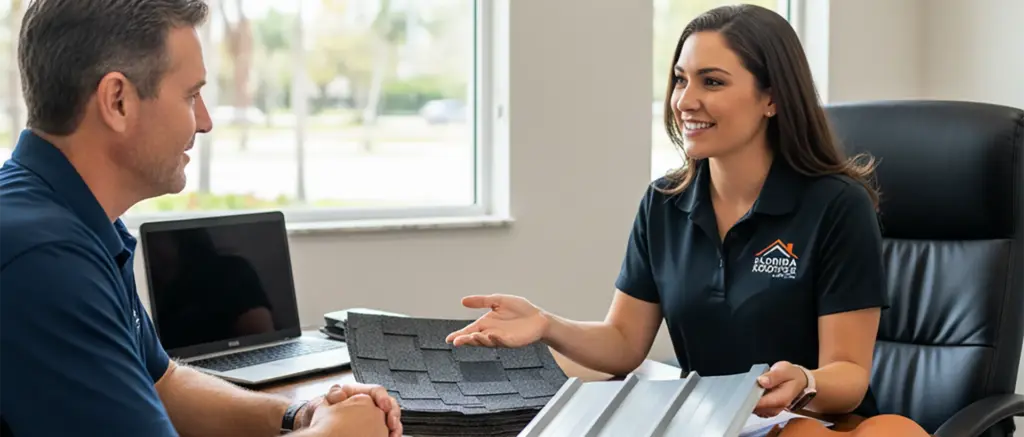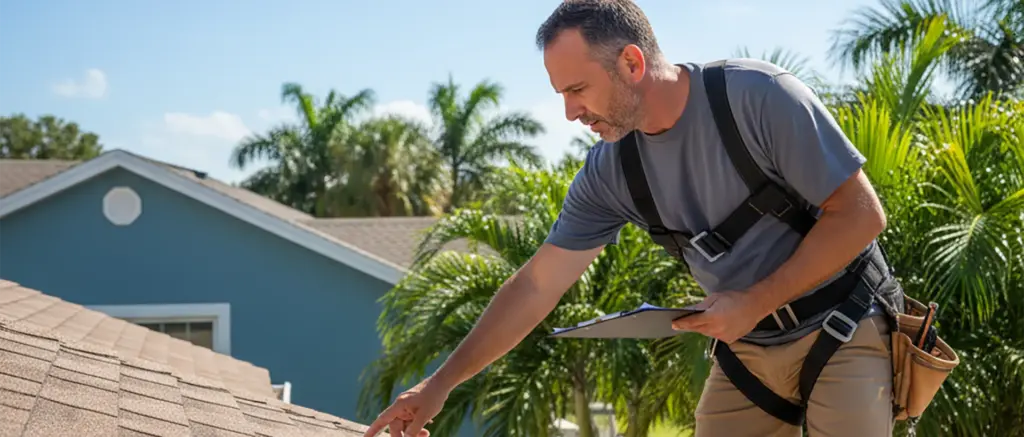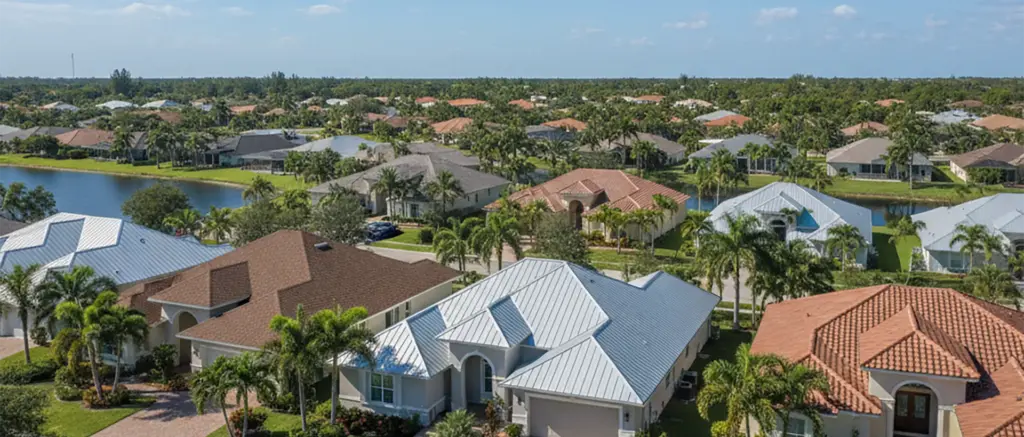Selecting the right roofing contractor is one of the most critical decisions a Florida homeowner can make. Your roof is your primary defense against the state’s unique challenges—scorching sun, torrential rains, high humidity, and hurricane-force winds. A subpar installation or repair can lead to persistent leaks, mold, structural damage, and costly emergency repairs down the line. This guide provides a clear, step-by-step framework to help you navigate the selection process and confidently identify the best roofers in Florida who offer quality, reliability, and peace of mind.
Why Choosing a Florida-Specific Roofer is Crucial
Not all roofing expertise is equal. A contractor from a different climate may not be familiar with the specific demands of the Florida Building Code or the best materials to withstand its environment. The best roofers in Florida possess deep local knowledge, understanding:
-
Stringent Building Codes: Florida has some of the toughest wind and hurricane building codes in the nation. A qualified roofer must be well-versed in these requirements to ensure your roof is compliant and optimally protective.
-
Heat and UV Resistance: The intense Florida sun can degrade inferior materials quickly. Experienced local roofers know which products offer the best reflectivity and durability against UV radiation.
-
Humidity and Moisture Control: Proper ventilation and underlayment are critical in Florida’s humid climate to prevent mold, mildew, and wood rot in your attic and roof decking.
-
Insurance Navigation: They can help you navigate the often-complex process of filing a storm damage claim with your homeowners insurance, a common necessity for Florida residents.
7 Essential Criteria for Vetting Florida Roofing Contractors
When compiling your list of potential contractors, use this checklist to separate the qualified professionals from the rest.
1. Verify Florida Licensing and Insurance
This is the first and most non-negotiable step. Never hire an unlicensed roofer.
-
Licensing: In Florida, roofing contractors must hold a state-certified license. You can verify a roofer’s license status online through the Florida Department of Business and Professional Regulation (DBPR). A valid license indicates they have passed the required exams and meet the state’s standards for knowledge and competence.
-
Insurance: The contractor must carry both workers’ compensation and general liability insurance. This protects you from being held liable if a worker is injured on your property or if the company’s work causes damage to your home. Always ask for proof of insurance and verify it is current.
2. Seek Out Local Experience and Established Reputation
A company with a long-standing physical presence in your community has a reputation to uphold and is less likely to be a “storm chaser” who disappears after a busy season.
-
Look for a Local Address: A permanent office location is a good sign of stability.
-
Check Online Reviews: Read recent reviews on Google, BBB, and Facebook. Look for patterns in feedback regarding communication, cleanliness, and follow-through.
-
Ask for Local References: A confident roofer will provide a list of recent customers in your area. Take the time to contact a few.
3. Scrutinize Manufacturer Certifications and Partnerships
Top-tier roofing manufacturers like Owens Corning, GAF, and CertainTeed have rigorous training and quality standards for their certified contractors. A roofer who holds these certifications has proven their expertise in installing those specific products correctly, which often comes with enhanced warranty coverage for you.
4. Obtain Detailed, Written Estimates
Beware of vague, low-ball quotes. A professional estimate should be comprehensive, in writing, and include a clear breakdown of:
-
The complete scope of work.
-
Specific materials to be used (brand, type, color).
-
Cost of labor and materials.
-
Project timeline and completion date.
-
Payment schedule.
-
Procedures for debris removal and site cleanup.
5. Understand the Warranties Offered
There are two main types of warranties to look for:
-
Manufacturer’s Warranty: Covers defects in the roofing materials (e.g., shingles). The best roofers will offer premium warranties from manufacturers.
-
Workmanship Warranty: This is provided by the roofing contractor and covers errors in installation. A company that offers a strong, long-term workmanship warranty stands firmly behind its quality of work.
6. Prioritize Clear Communication and Professionalism
From your first interaction, pay attention to how the company communicates. Are they prompt, polite, and transparent in answering your questions? The best roofers in Florida will act as educators and partners, ensuring you understand the process and feel comfortable every step of the way.
7. Avoid High-Pressure Sales and Large Upfront Payments
Reputable contractors will give you time to review your estimate and will not pressure you into an immediate decision. Be wary of any company that demands a full or very large payment upfront. A standard payment schedule typically involves a deposit to secure materials, with subsequent payments tied to project milestones and a final payment upon your complete satisfaction.
Key Questions to Ask a Potential Florida Roofer
Arm yourself with this list during your consultations:
-
“Can you provide your Florida DBPR license and proof of insurance?”
-
“Are you a certified installer for the roofing materials you are proposing?”
-
“What is your physical business address?”
-
“Can you provide a list of references from recent jobs in this area?”
-
“What specific workmanship warranty do you offer, and what does it cover?”
-
“How will you protect my landscaping and property during the project?”
-
“Who will be my on-site project manager, and how will we communicate daily?”
-
“What is your process for handling unforeseen issues, like rotten decking, if they are discovered during the project?”
Red Flags That Should Disqualify a Contractor
-
No Verifiable License or Insurance: This is an absolute deal-breaker.
-
Refusal to Provide a Detailed Written Contract: Always get everything in writing.
-
Pressure to Sign Quickly: Especially with a “today-only” discount.
-
Request for Full Payment Upfront: This is a major risk.
-
Lack of a Local Presence or Online Reputation: They may not be around to honor their warranty.
-
Unmarked Trucks or Use of Only a P.O. Box: Suggests a lack of a permanent business.
Your Roof Deserves the Best
Your roof is a long-term investment in the safety, value, and comfort of your Florida home. Taking the time to conduct thorough due diligence is not just about comparing prices—it’s about finding a trusted partner you can rely on for decades. By following the criteria outlined in this guide, you can move beyond a simple search for “best roofers in Florida” and make an informed, confident hiring decision. A quality roof, installed correctly by a reputable professional, is your best defense against the Sunshine State’s elements.





